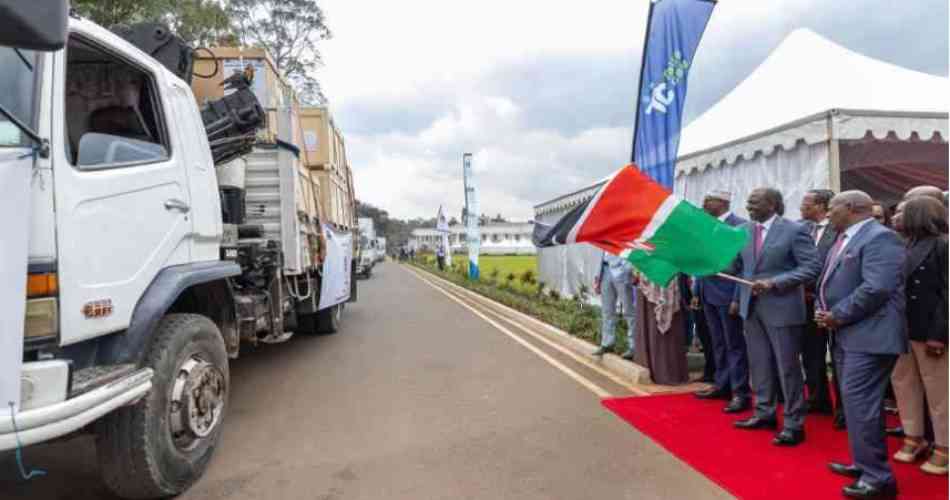Kenya has introduced a new medical equipment programme that eliminates the need for public hospitals to purchase costly machines, shifting the health system to a fee-for-service model supported by the Social Health Authority (SHA).
Under the National Equipment Services Project (NESP), hospitals can now access diagnostic and treatment tools without making any upfront payments. Private sector partners will handle the supply, installation, servicing, and maintenance of equipment, with the government reimbursing providers for each use according to pre-agreed SHA tariffs. This approach ensures that counties do not face the financial strain of purchasing and maintaining expensive medical machines.
The initiative replaces the previous Medical Equipment Scheme, which was criticised for requiring large capital outlays and lacking proper service agreements, often leaving hospitals with broken or underutilised machines. So far, 45 counties have signed the Intergovernmental Participatory Agreement, allowing them to benefit from the programme.
Since June, NESP has delivered over 60,000 medical services in 29 health facilities across 18 counties. The model guarantees 95 per cent equipment uptime, continuous training for healthcare workers, provision of reagents and consumables, and timely replacement of faulty or outdated machines. These measures aim to improve diagnosis and treatment outcomes, reduce referral delays, and strengthen Universal Health Coverage goals.
Medical suppliers under NESP have already made significant contributions. One supplier installed 14 modern CT scan machines across 14 counties, completing 3,000 scans in just one month. The rollout has also included two ultrasound machines, 30 dialysis units, and several digital X-ray systems. Over the next two months, the programme plans to deploy 58 more digital X-rays, 65 ultrasound machines, 19 CT scanners, 100 theatre equipment units, and 100 laboratory systems to public hospitals.
In addition to equipment deployment, the government is developing a national digital backbone for healthcare. The SHA has so far registered 25.2 million Kenyans and contracted over 11,000 health facilities nationwide. Since October 2024, the Social Health Insurance Fund and the Primary Healthcare Fund have disbursed Sh56.4 billion for health services, promoting transparency, efficiency, and fraud prevention.
This digital and service-led approach marks a significant shift in Kenya’s healthcare delivery, ensuring that equipment is always functional, accessible, and backed by skilled personnel ultimately providing faster, more reliable, and dignified healthcare for all citizens.

